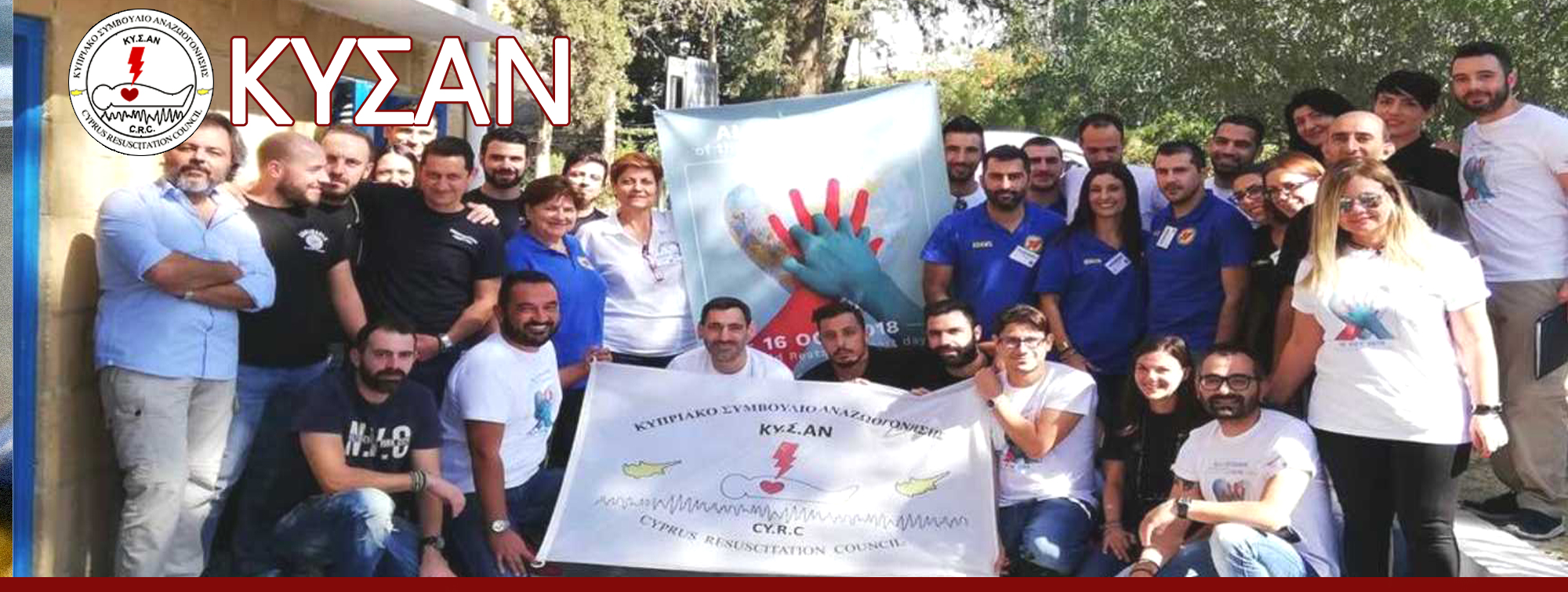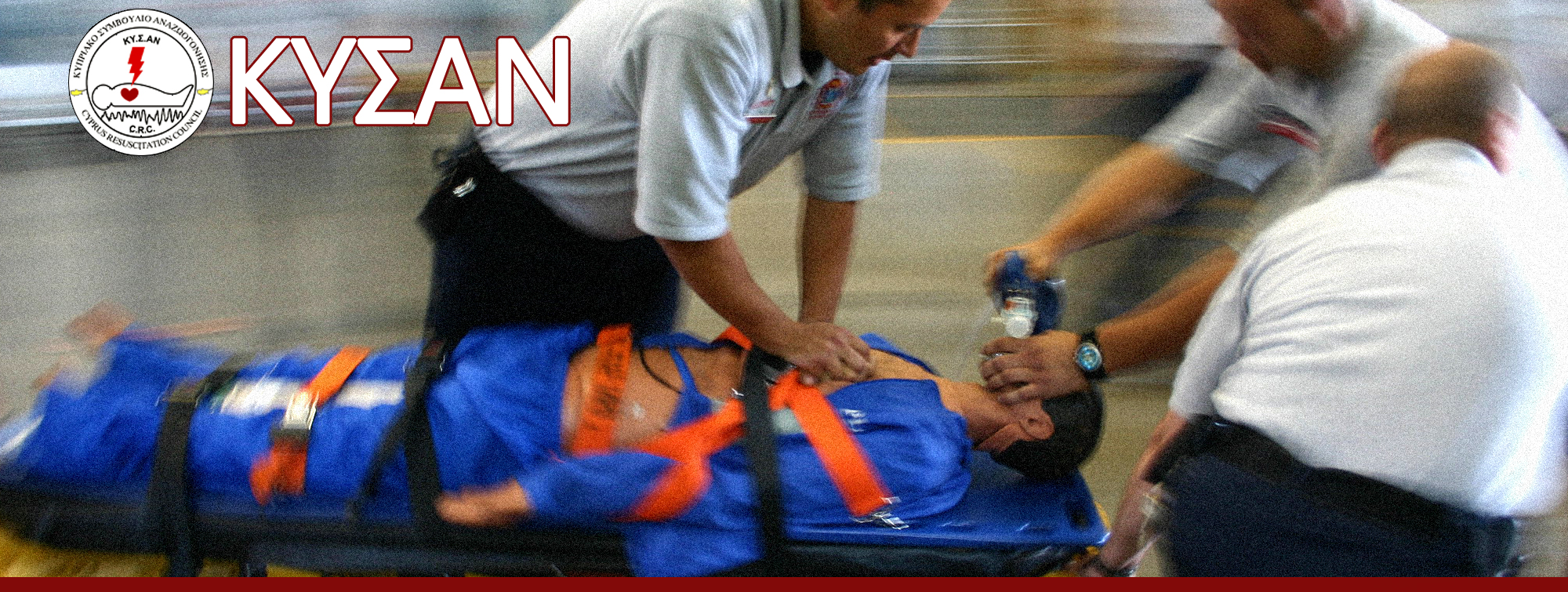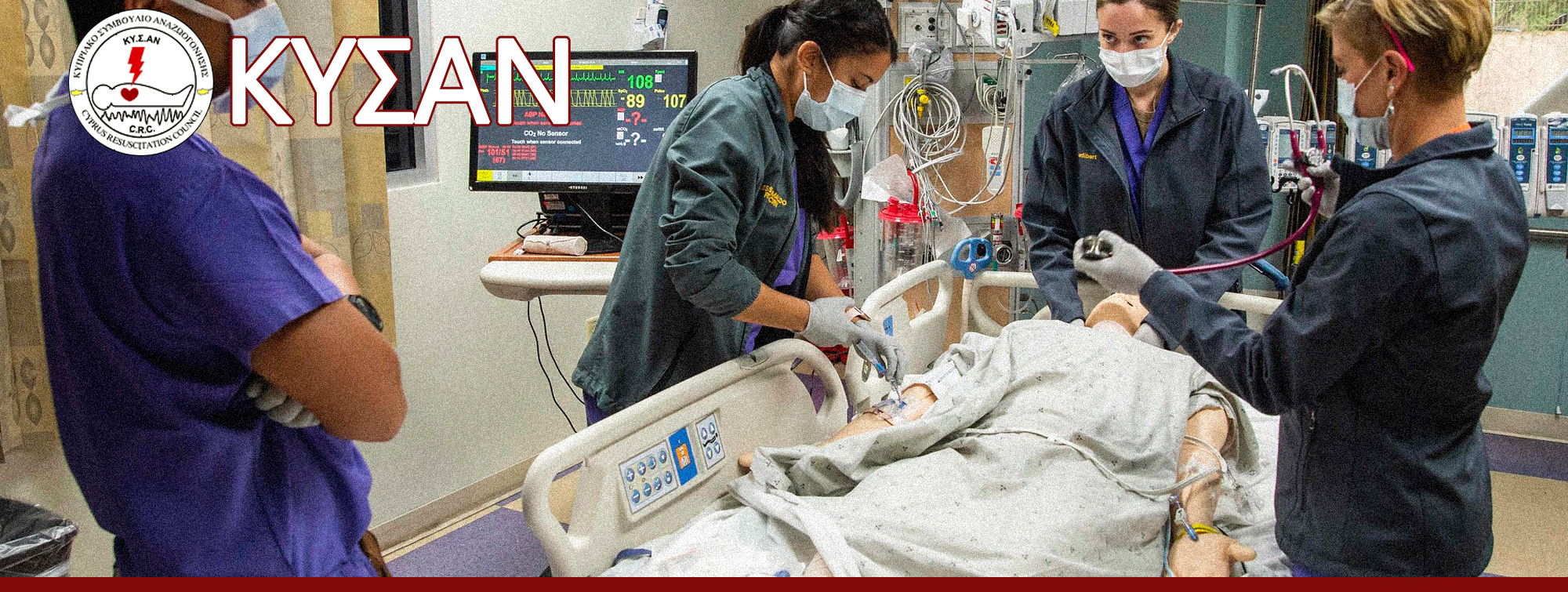



Available Seminars
Basic Life Support – Automated External Defibrillation (BLS-AED)
To train as many BLS and AED providers as possible across Europe, the ERC has developed a course to teach the techniques of CPR to a wide range of disciplines.
Because BLS is fundamental to all resuscitation, the course is suitable also for laypersons.
The course last two days and consists of interactive lectures and demonstrations of the skills required to be a good BLS and AED provider.
Those who pass the first day will be eligible to continue to the second day to become ERC BLS/AED instructors.
Manuals will be provided for the participants one month before the course, which will cover the content for both days. Candidates who have succesfully completed the course are known as instructor candidates and they receive the ERC BLS/AED Instructor Certificate.
They become full instructors after teaching on two ERC approved courses.
Immediate Life Support (ILS)
The purpose of the ILS course is to train medical personnel in a range of basic life support, instrumental airways supply and safe defibrillation techniques including manual defibrillation as well as using an AED (automated external defibrillator).
The course is directed to the medical personnel such as nurses, medical rescuers, medical orderlies and others whose range of abilities covers advanced life support but not require such intensive and advanced training as that offered by the ALS course.
Advanced Life Support (ALS)
The European Resuscitation Council has developed and Advanced Life Support (ALS) provider course based on ERC guidelines.
The ALS course teaches the theory and the practical skills required to prevent the early stages of cardiopulmonary arrest in adults.
The ALS provider course lasts two days and is very intensive. The ERC ALS manual will be issued to the participants one month before the course, together with pre-course multiple choice question papers.
Competence in Basic Life support is a prerequisite.
Neonatal Life Support (NLS)
Guidelines for resuscitation at birth – developed during the process that culminated in the 2010 International Consensus Conference on Emergency Cardiovascular Care (ECC) and Cardiopulmonary Resuscitation (CPR) Science with Treatment Recommendations. They are an extension of the guidelines already published by the ERC 3 x D. Biarent, R. Bingham, S. Richmond, et al.. European Resuscitation Council Guidelines for Resuscitation 2005. Section 6. Paediatric life support and take into account recommendations made by other national and international organisations.
European Pediatric Life Support (EPLS)
This course in intended for medical personnel seeking training in the early recognition of children in a state of respiratory or circulatory insufficiency and will broaden knowledge and practical skills required to carry out interventions preventing respiratory insufficiency or cardiac arrest in pediatric patients.
Candidates should have professional experience and appropriate medical qualifications.
General Instructors Course (GIC)
To prepare the next generation of instructors from candidates nominated as “Instructor Potential” after ALS, EPLS, NLS courses.
Αιτήσεις/Applications Pending